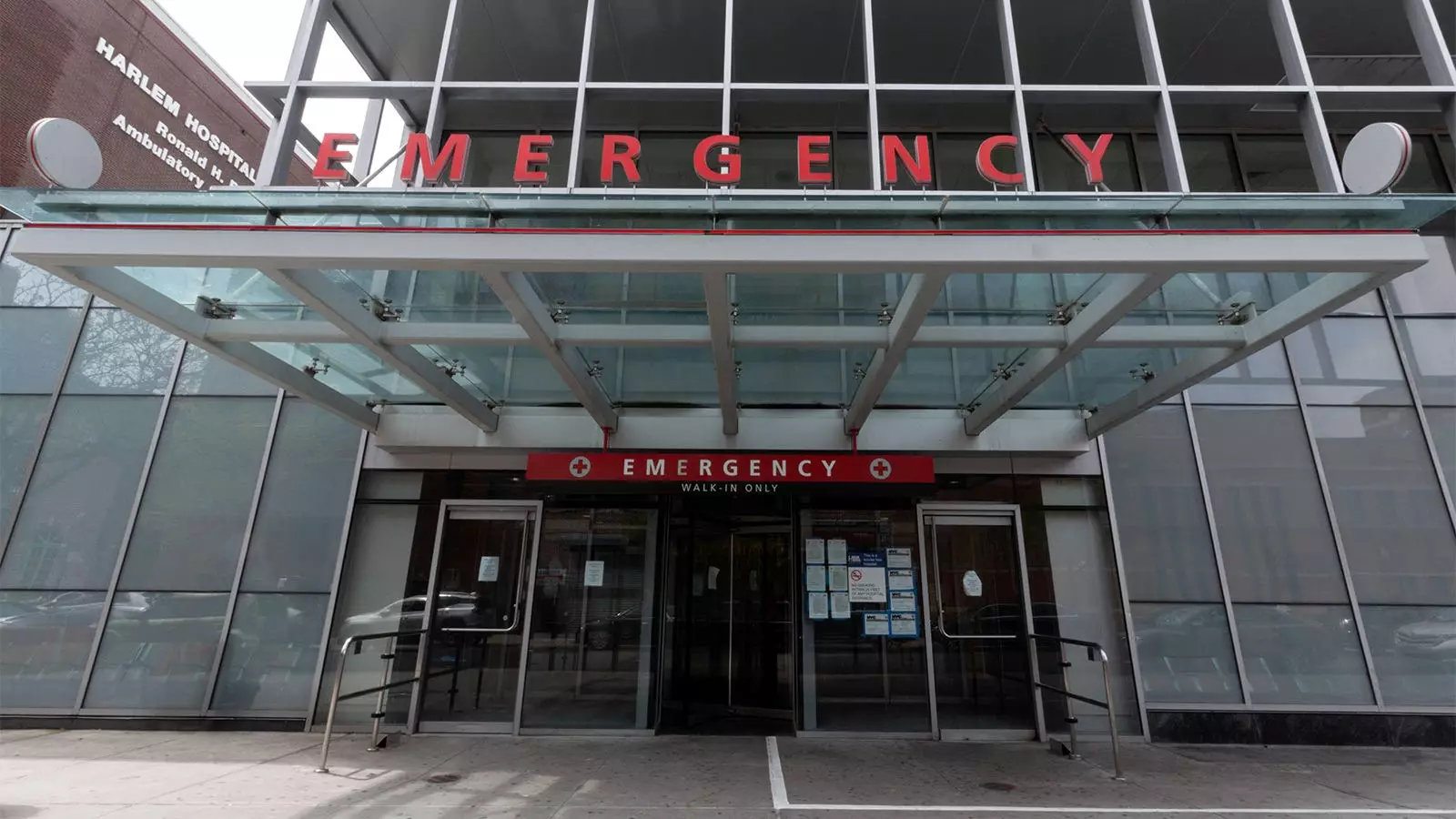Emergency physicians face a high rate of burnout compared to other doctors, with the involvement of contract management groups (CMGs) often blamed for interfering with the physician-patient relationship and undermining the specialty. However, it is important to critically analyze this issue and separate fact from fiction.
Who Are Contract Management Groups?
The definition of a CMG is ambiguous, making it difficult to attribute all healthcare problems to them. CMGs can vary in size, ownership, and structure, making it challenging to label them as a source of all wickedness in the medical field. The term “CMG” needs a more precise definition to accurately address the concerns associated with it.
Rather than focusing on CMGs, emergency physicians should examine their own physician groups’ strategies. It is crucial to determine who leads the group and influences the strategy: physicians or non-physicians. Physician-led organizations are less likely to engage in practices that harm physicians and patients, such as out-of-network billing, non-compete clauses, and sudden contractual changes. Ownership and control by external entities can also negatively impact the quality of care provided.
Physician Treatment and Fair Compensation
Physicians should assess how they are treated within their own groups. It is essential to ensure equitable treatment in terms of wages and shift preferences. Special deals that have historically led to underpayment of women and underrepresented minorities should be avoided. The presence of due process in addressing clinical issues or conflicts is crucial. Groups that prioritize standardized processes and avoid non-compete clauses create a more favorable environment for physicians. A fair compensation package should include not only clinical pay but also retirement benefits, insurance coverage, parental leave benefits, and continuing medical education opportunities.
Understanding the financial health of a physician group is vital. Compensation should be evaluated comprehensively, taking into account various factors such as back-office functions and financial support for academic centers. Transparency is key, and frontline physicians should receive regular and clear communication regarding the group’s financial performance. A cautious and disciplined financial strategy is preferable to one solely focused on the bottom line, as it protects physicians from unnecessary risk.
Emphasis on Quality
Physician groups need to prioritize quality of care. The use of evidence-based clinical tools and adherence to the latest medical literature are crucial. Risk mitigation for patients should be a priority, with structured support systems in place for physicians in high-risk situations. Effective and constructive feedback mechanisms are essential for enhancing quality of care. Negative feedback should be viewed as an opportunity for improvement rather than punishment.
Patient-Centered Approach
How a group addresses patient issues after the acute care visit speaks volumes about their approach to healthcare. Resorting to lawsuits when patients are unable to pay is not patient-centered. Instead, groups should adopt more empathetic and compassionate tactics to handle payment issues. Following up with patients after discharge to assess recovery and provide ongoing support further enhances the patient experience.
The Role of Advanced Practice Providers
The utilization of advanced practice providers (APPs) should align with the standards set by physicians. APPs should work collaboratively with physicians in a team-based approach rather than in isolated silos. Proper training and real-time communication between physicians and APPs are crucial for ensuring quality care. Additionally, scheduling modifications should be fair and consistent for both physicians and APPs.
Contract management groups (CMGs) should not be universally blamed for physician burnout and the challenges faced by emergency physicians. Instead, it is essential to evaluate and judge physician groups based on their strategies, treatment of physicians and patients, financial health, and commitment to quality. By focusing on these factors, physicians and healthcare organizations can work towards mitigating burnout and fostering a more positive and supportive environment in emergency medicine.


Leave a Reply